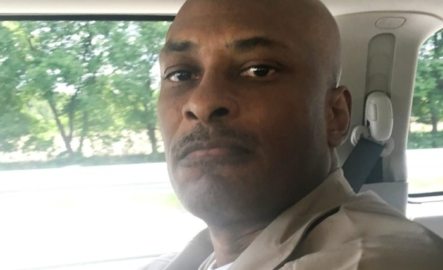In 1960, 18 African nations gained independence from colonial rule, marking what came to be known as the “Year of Africa.”
Among the newly sovereign states was Mali, which declared its independence from France under the leadership of President Modibo Keita, a staunch Pan-Africanist. Keita’s vision for Mali and the continent was deeply aligned with the goals of African unity, which he pursued alongside Ghana’s President Kwame Nkrumah and Guinea’s President Ahmed Sékou Touré. Together, they formed the Ghana-Guinea-Mali Union, signaling the West African region’s commitment to cooperation and solidarity.
These early efforts at Pan-Africanism paved the way for the creation of the Organization of African Unity (OAU) in 1963, a pivotal moment in Africa’s political history. The OAU, founded in Addis Ababa with 33 member states, sought to promote unity, economic development and the eradication of colonialism and white-minority rule.
However, the post-independence period soon revealed the complexities of building new nations. Political divisions emerged, not only within newly independent states but also between African governments. Some leaders sought a definitive break from European influence and the growing dominance of the United States, while others preferred to maintain ties with their former colonial rulers and Washington.
This ideological split soon gave rise to political instability across the continent, with military coups becoming a frequent occurrence in countries like Ghana, Mali and Guinea. The early optimism of independence began to erode as external interference from Western powers compounded domestic challenges. The assassination of Congo’s first prime minister, Patrice Lumumba, in 1961, orchestrated with the involvement of Belgian and American interests, served as a stark reminder of the enduring grip of imperialism on Africa.
Mali, like many of its West African neighbors, continues to face significant security challenges. Transitional President Assimi Goita, who assumed power after a military coup in 2020, addressed the nation on September 21, during the country’s 64th Independence Day celebrations. Goita acknowledged Mali’s complex security situation, especially in light of a deadly attack by rebel forces just days earlier at an Air Force base near the capital, Bamako. The attack, claimed by the Islamist group Jama’at Nusrat al-Islam wa al-Muslimeen (JNIM), resulted in the deaths of 77 people and injured 256 others.
JNIM, which has waged an insurgency against the Malian government for more than a decade, rose to prominence after the collapse of Libya in 2011, when the NATO-backed removal of Muammar Gaddafi created a power vacuum in North and West Africa. Since then, extremist groups have spread throughout the Sahel, exploiting weak governance and regional instability. In response, the United States and France have increased their military presence in the region under the guise of counterterrorism efforts, deploying troops through AFRICOM and Operation Barkhane.
However, the presence of foreign forces has come under increased scrutiny in recent years. Since 2020, a series of military coups across West Africa, including in Mali, Burkina Faso and Niger, have led to demands for the withdrawal of Western troops. These governments argue that foreign intervention has only worsened the region’s security crisis. Goita, in his Independence Day speech, emphasized that Mali’s security forces have made significant strides in reclaiming territories from rebel groups. He also announced the severing of diplomatic ties with Ukraine, accusing the country of supporting insurgents in Mali.
The shifting dynamics in West Africa have also drawn new geopolitical players into the region. Russian military advisors, including members of the Wagner Group, now rebranded as the Africa Corps, have been working with governments in Mali and other Sahel countries to strengthen security and combat rebel forces. This growing relationship between African nations and Russia has alarmed Western powers, particularly the United States and France, which view it as a challenge to their influence in the region.
As Mali and its neighbors navigate the complexities of sovereignty, security and international alliances, the continent’s post-colonial legacy continues to shape its political landscape. President Goita’s call for unity and self-reliance reflects a broader desire among African nations to assert their independence in an increasingly multipolar world.










